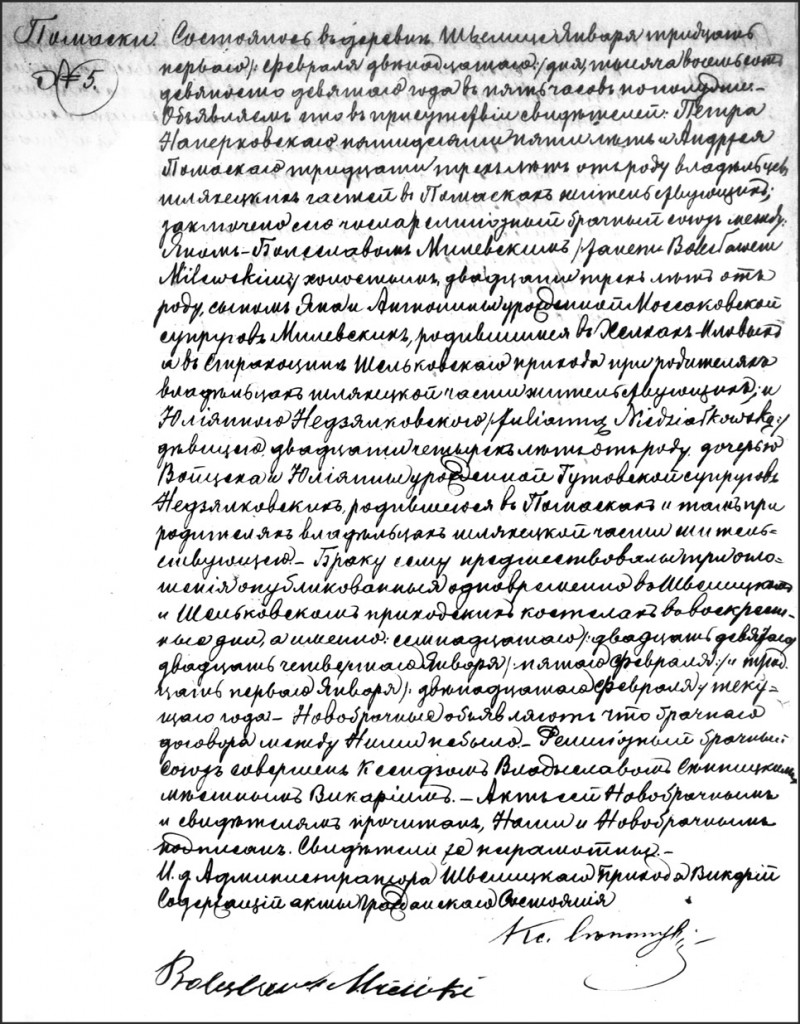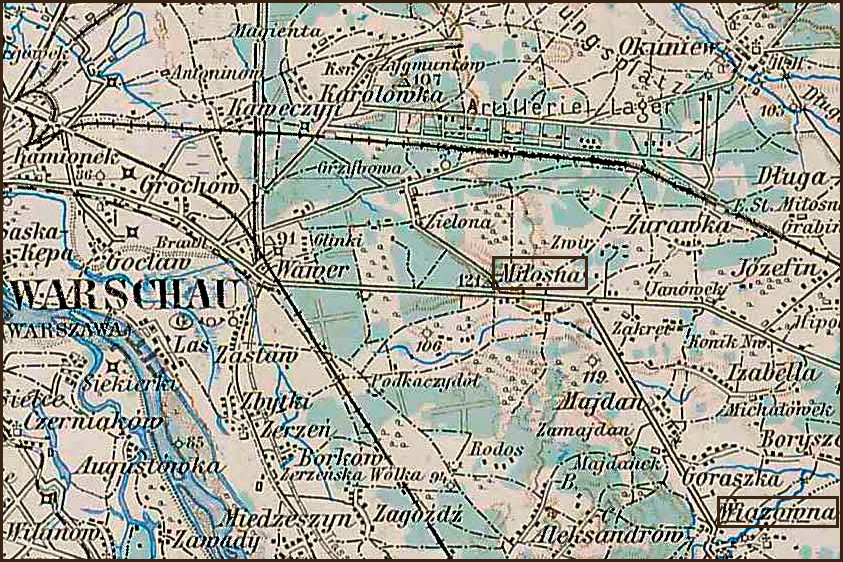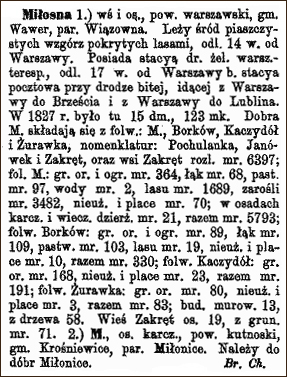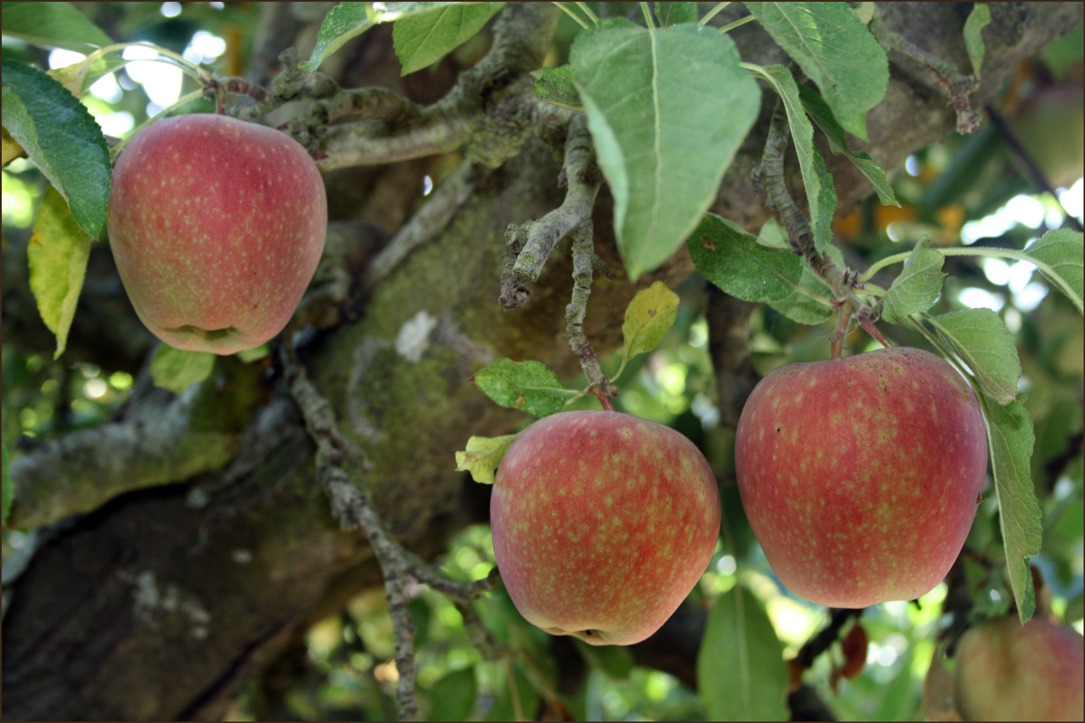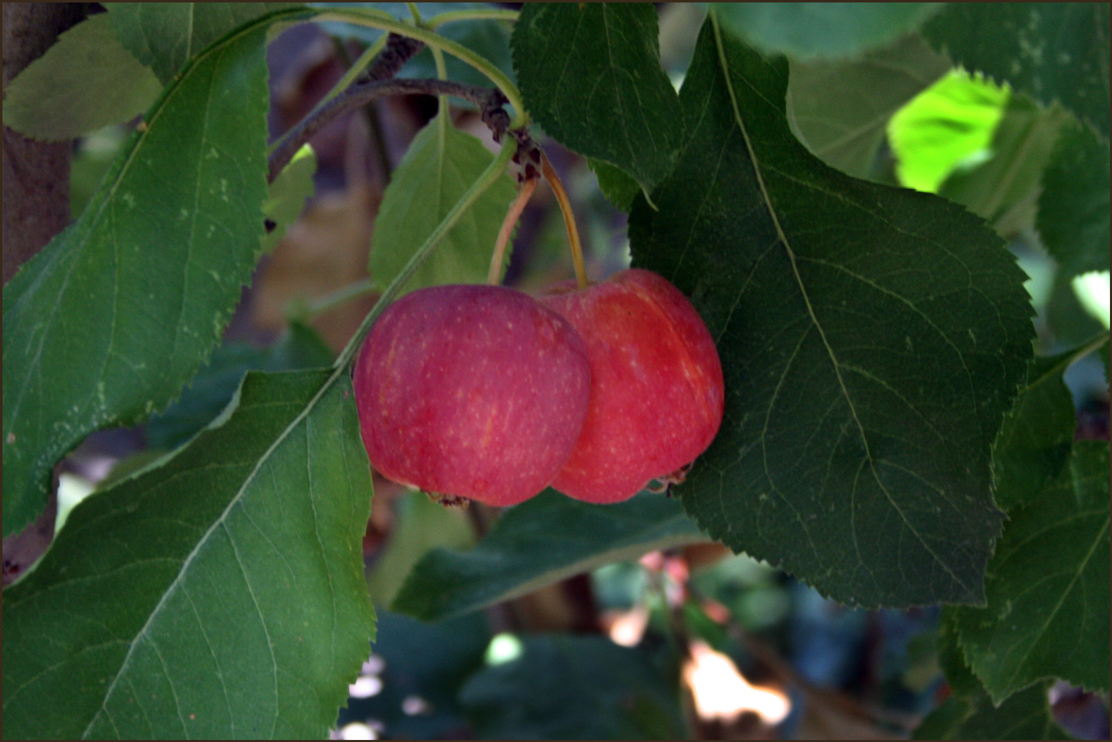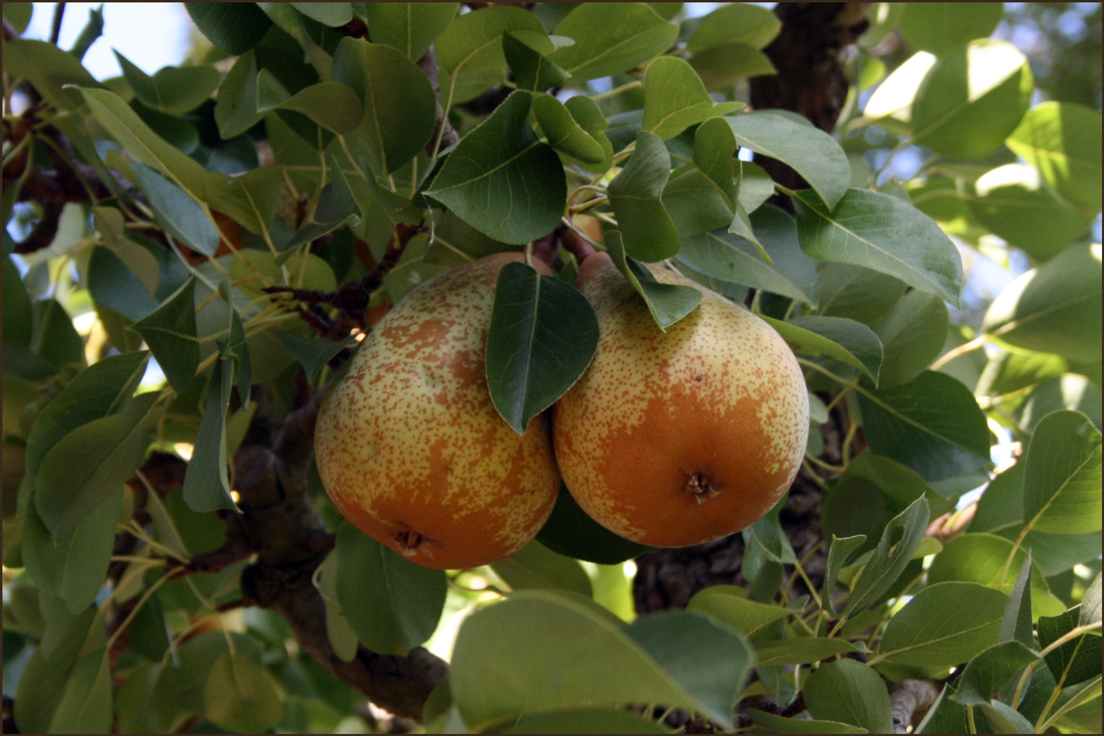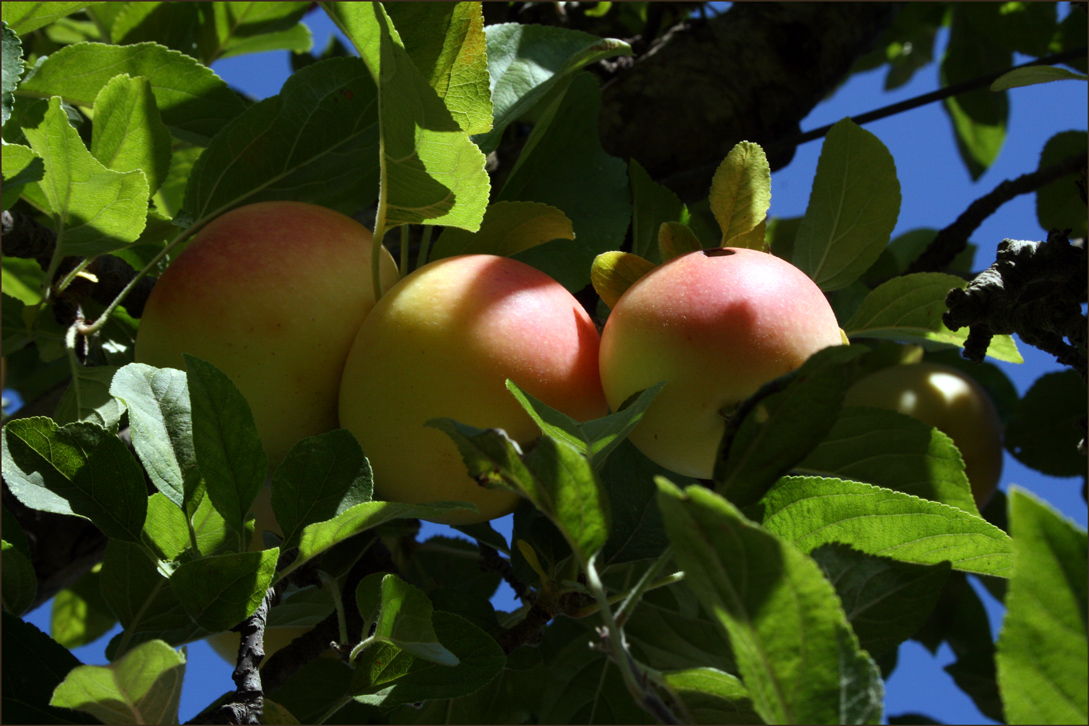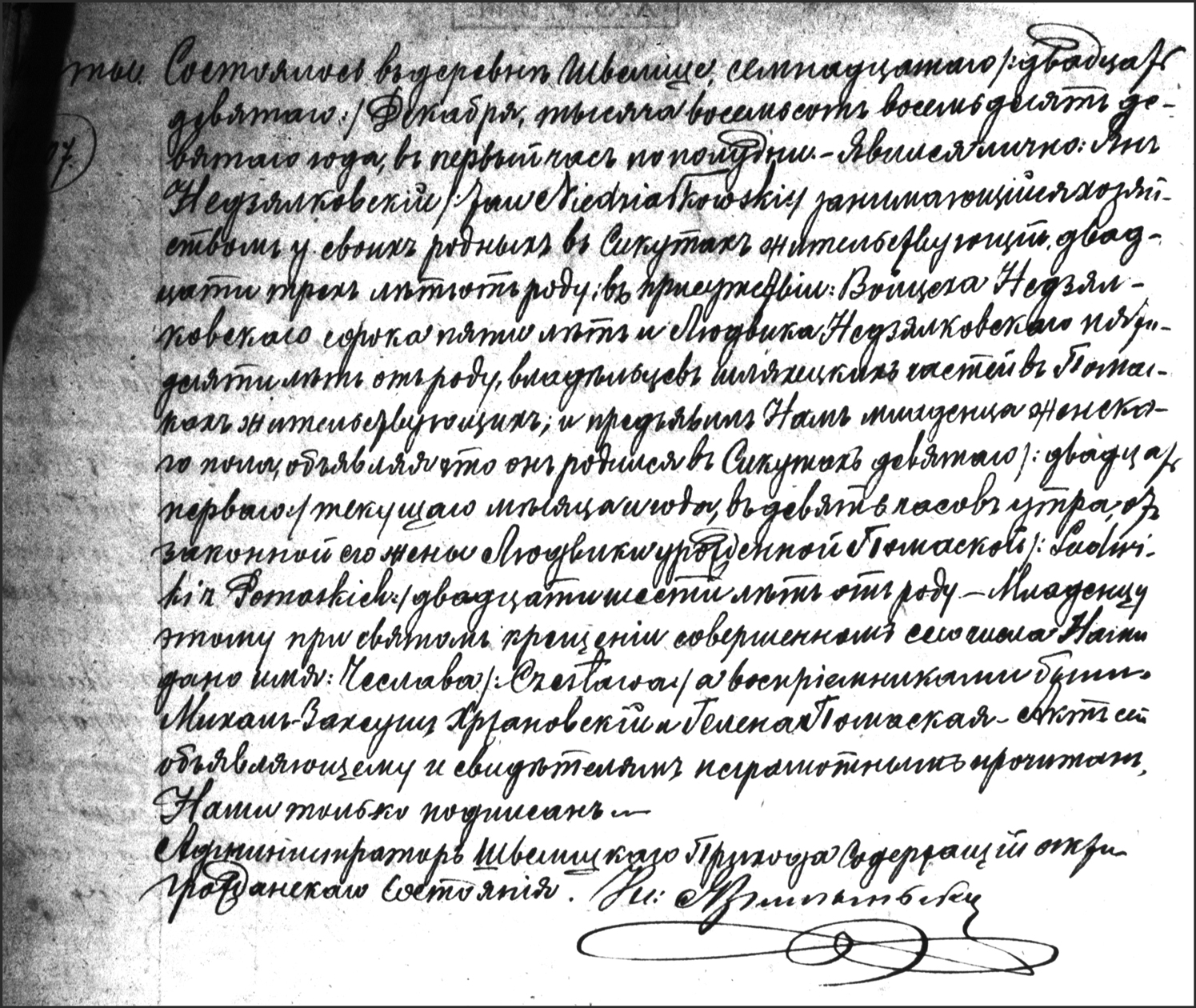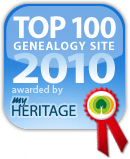In yesterday’s post, I showed the Marriage Record of Jan Niedziałkowski and Ludwika Pomaska who were married in the parish church in Szwelice, Okręg makowski, Guberniya Lomzhinskaya, Vistulan Country, Russian Empire on 13 Feb 1889.
I transcribed the Russian document yesterday, but didn’t have time to translate it before I posted the image of the record.
Before I could translate the document today, Matthew Bielawa of the Genealogy of Halychyna and Eastern Galicia website sent me an email and included a translation of the marriage record. Thank you very, very much, Matthew!
Click on the link for a PDF copy of the Marriage Record of Jan Niedziałkowski and Ludwika Pomaska – 1889. According to Matthew Bielawa, the document reads:
Sikuty, No. 7
Having occurred in the village of Szwelice on the 1st/13th of February 1889 at 5 o’clock in the afternoon it was announced that in the presence of the witnesses: Maciej Chrzanowski 36 years old from Sikuty and Ludwik Niedziałkowski 60 year old resident of Pomaski, both noble landowners, concluded on this date a religious marital union between Jan Niedziałkowski, 22 year old bachelor, son of Wojciech and Julianna née Gutowska, born in the village of Miłosna of the Nowominsk district, and residing in Pomaski with his noble landowner parents, and Ludwika Pomaska, 26 year old unwed daughter of the deceased Józef and Marianna Chodkowska, born in Pomaski and residing with her family in Sikuty. This marriage was preceded by 3 public announcements in the Szwelice parish church on the Sundays of 1st/13th, 8th/20th, 15th/27th of January of this year . The newlyweds declared that there was no marital agreement between them . The marital union was conducted by the priest Jan Zgliczyński, local administrator . This record was read to the newlyweds and witness and signed by the first witness Maciej Chrzanowski, the newlyweds and second witness are illiterate .
Administrator of the Szwelice parish and civil registrar: Father J. Zgliczyński
Maciej Chrzanowski
I had not previously known that my great-great grandparents, Wojciech Niedziałkowski and Julianna Gutowska, had a son named Jan. In fact, I’m missing quite a few records on my grandparents, great grandparents, and great-great grandparents.
I know that my great-great grandfather Wojciech Niedziałkowski was born 27 Aug 1836 in Godacze, Powiat ciechanowski, Wojewódstwo płockiej, Congress Kingdom of Poland and was baptized in the Krasne parish church . I know he married Julianna Gutowska, but I haven’t found a marriage record for the couple.
My great grandfather, Teofil Niedzialkowski, was born in about 1861, based on his age as recorded in Wojceich’s death and burial record . However, I still haven’t found a birth/baptismal record for Teofil.
I have found birth/baptismal records in the Szwelice parish for the following children of Wojciech Niedziałkowski and Julianna Gutowska:
With the Marriage Record of Jan Niedziałkowski and Ludwika Pomaska, I now know that Jan was born in about 1867 in Milosna of the Nowominsk district. This still leaves a significant gap of about six years between the births of Teofil and Jan. I suspect more children were born during that period.
I also know from Julianna Gutowska’s death and burial record that she was born in about 1833 in Holy Cross parish in Warsaw.
The fact that Jan Niedziałkowski was born in Milosna (near Warsaw and Minsk-Mazowiecki) seems to pull Julianna Gutowska’s birth place close to that of her son, Jan. I am now working on the hypothesis that Wojciech Niedziałkowski and Julianna Gutowska may have been married in the parish to which Milosna belongs, and that their first few children were also born in Milosna. If this is correct, I may now be able to find my great-great grandparents’ marriage record and the birth/baptismal records of their first few children, including that of my great grandfather, Teofil Niedziałkowski.
The village of Miłosna belongs to the parish of Wiązowna. The Family History Library has microfilmed the parish records from 1810-1879 which covers the years of interest for the marriage of Wojciech Nieziałkowski and Julianna Gutowska and the births of their first children.
Copyright © 2008 by Stephen J. Danko



